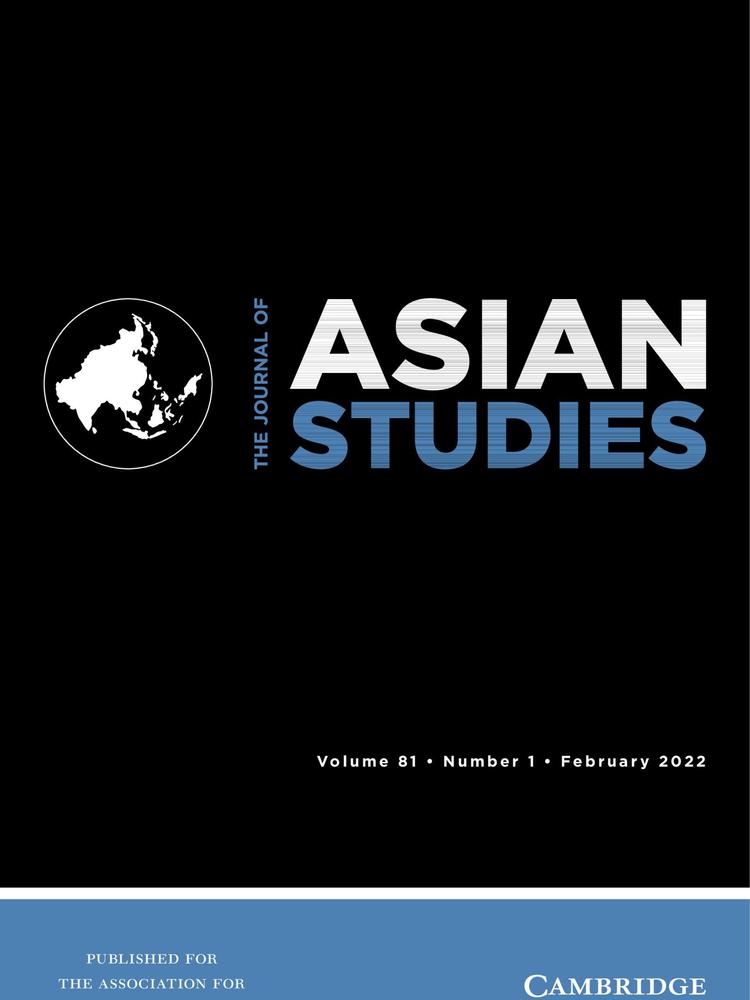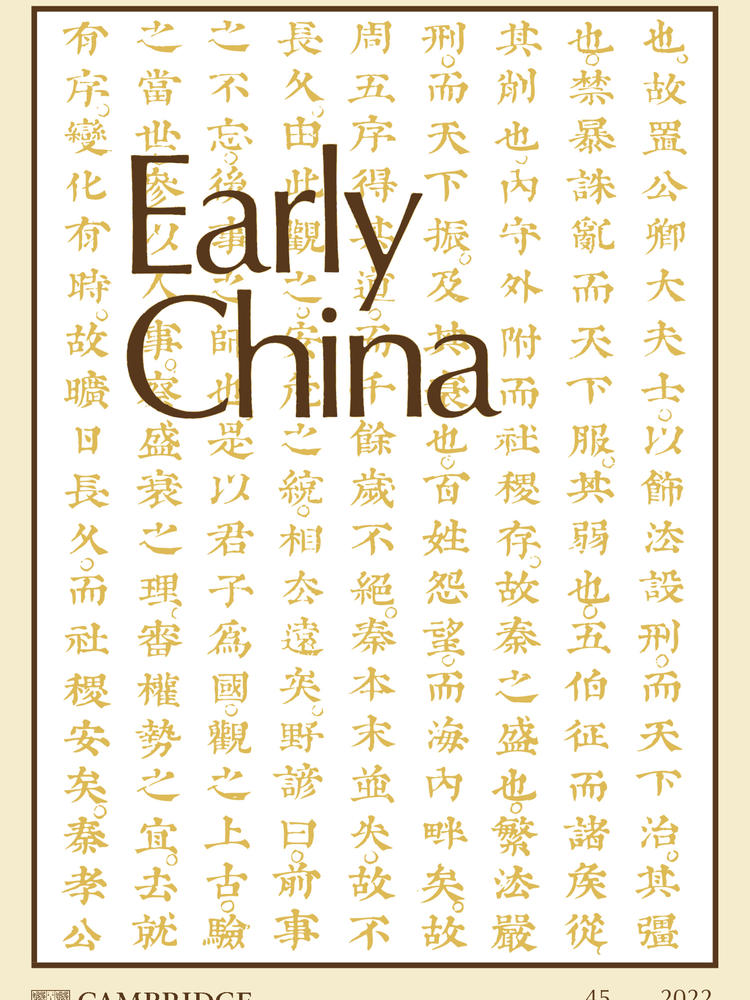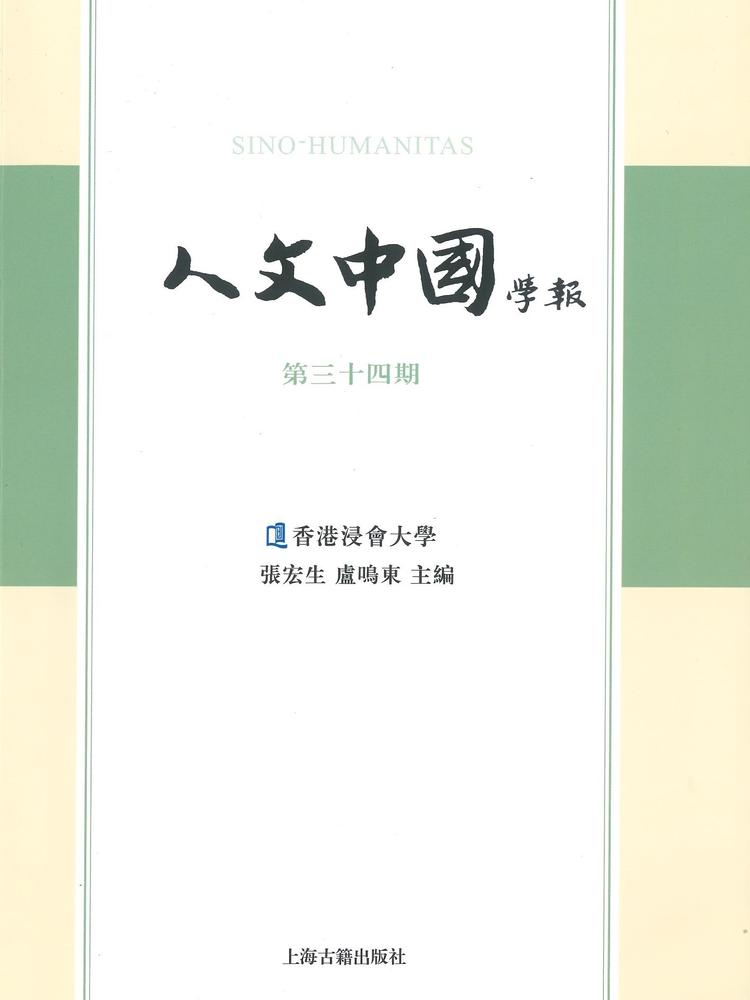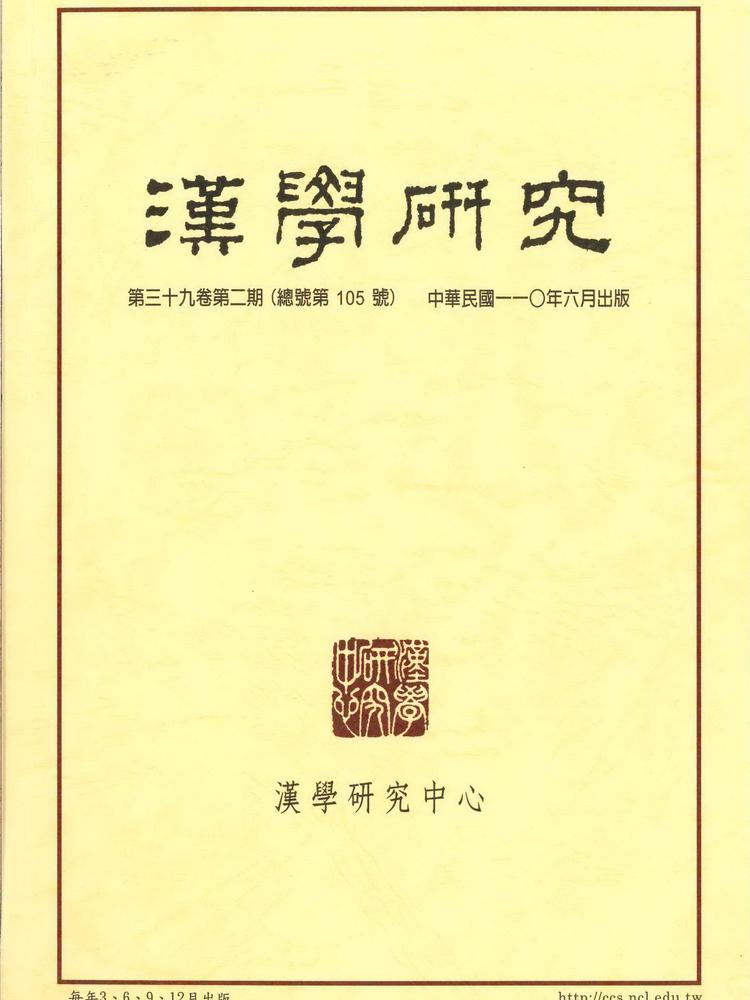Peter Tsung Kei Wong 王棕琦
My research explores the complex interaction between textual culture, classical studies, historiography, poetry, philosophy, and political culture in ancient China.
My current project, The Big Book Theory: The Unlikely Birth of Tomes and Its Consequences in Ancient China, tells for the first time the story of how the belated—and unlikely—advent of the big book in ancient China sparked a big bang, transforming Chinese empires, political culture, historiography, philosophy, poetry, and classical studies from 240 to 90 BCE. The work has been generously supported by Princeton University's Charlotte Elizabeth Procter Honorific Fellowship.
My second project, tentatively titled Beyond Confucius: How the Usurper Wang Mang Reinvented the Classical Tradition and Political Culture of China, explores the outsized yet often overlooked legacies of the most notorious, bookish, and successful usurper in premodern China, whose impact spanned two millennia. A pilot study, "Inventing the Spring and Autumn Period: How Numerology Shaped History and Historiography in Ancient China," is forthcoming in The Journal of Asian Studies.
More broadly, I am interested in the history of philology and of science, the history of reading, and premodern Chinese narrative literature. Other works-in-progress investigate the history, philosophy, and aesthetics of text segmentation in ancient and early medieval China; ancient historiography and the canonization of the Classic of Poetry; the formation of Zuozhuan as a book; the changing interpretations of hou si zhe in Analects 9.5; and the history of peer review in China.
My writings have appeared (or are forthcoming) in The Journal of Asian Studies, Early China, The Oxford Handbook of Daoism, Chinese Studies 漢學研究 (Center for Chinese Studies, Taiwan), and Sino-Humanitas 人文中國學報 (Hong Kong and Shanghai). Recent publications include “The Soundscape of the Huainanzi 淮南子: Poetry, Performance, Philosophy, and Praxis in Early China” (2022), “What is the Nature of ‘the Unperturbed Mind-heart 不動心’ in Mencius 2A:2?” (2021), and "On the Compositional Structure of the Huainanzi" (2019).
Curriculum Vitae
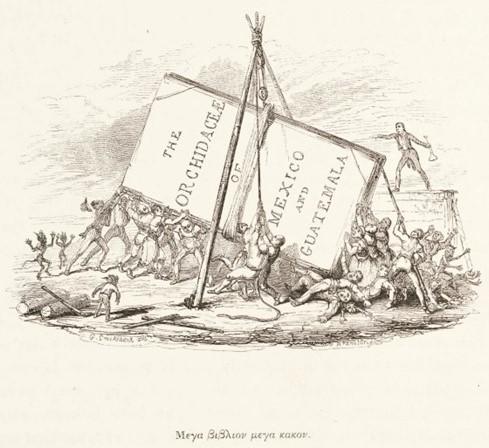
Mega biblion, mega kakon
"Big book is a great evil"
Callimachus, ed. Rudolf Pfeiffer (Oxford: Clarendon, 1949–53) 2 vols., I #465;
James Bateman, The Orchidaceae of Mexico and Guatemala (London: Ridgway, 1837–1843), 8.


